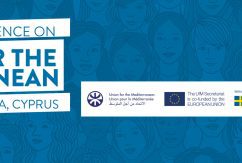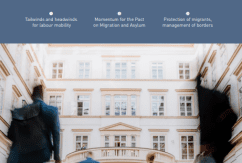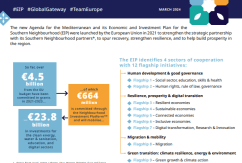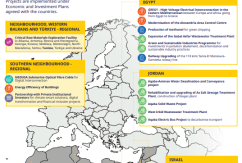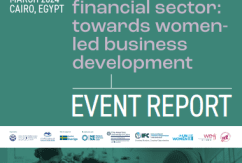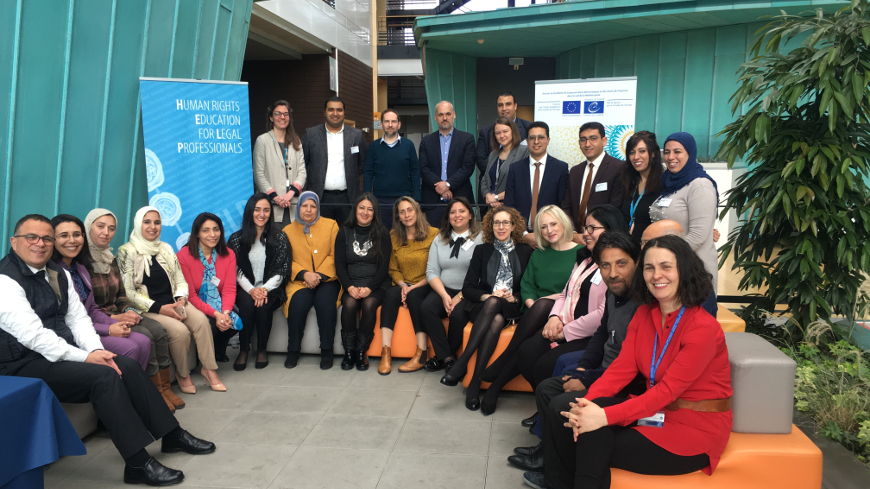The EU-funded project FEMISE publishes a research report on Macro Management & Evaluation of IMF Reforms: Tunisia and Comparative Experiences


The EU-funded project FEMISE just published a new study. FEMISE (Euro-Mediterranean Forum of Economic Institutes) is a network of research institutes from the North and South of the Mediterranean, which promotes dialogue and research on socio-economic issues and advises Mediterranean Partner Countries on reform.
Applied to the IMF’s reform programs in the Arab Spring countries (Egypt, Jordan, Morocco and Tunisia) during the transition period, this study aims to fill a knowledge gap on how to take into account reform evaluation methods, whose analysis grid will identify and analyze the key factors of success or failure of policies, to better understand their particular contexts as well as the constraints of transposition of reforms.
Results globally show that when IMF programs are not always followed by a positive effect on growth, the explanation would be rather to be sought in terms of the effectiveness of the reforms, ie, the compliance of countries with the structural benchmarks of the economic policy actions contained in these programs. Delays (or dysfunctions) in the implementation schemes of the reforms would be attributed either to conditions exogenous to the programs (political or security uncertainties), or to defects in economic and institutional governance, or finally to poor allocation of resources.
On the other hand, when structural benchmarks are fully met, the effects of these programs on growth are clearly positive.
Read more



